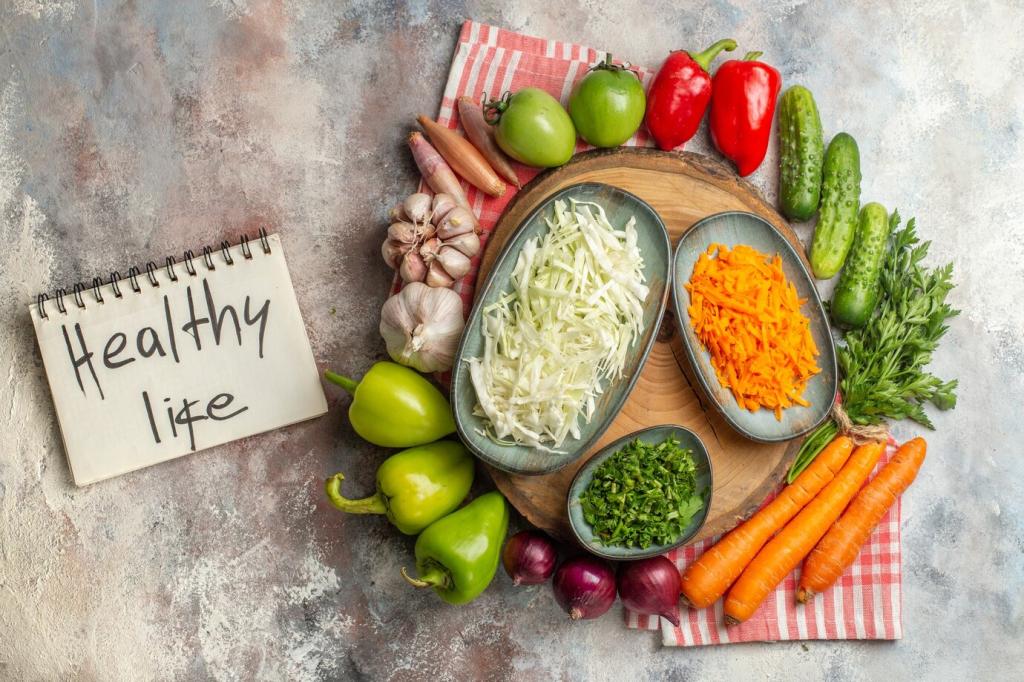Stories from Real Tables
Maya swapped syrupy breakfasts for eggs, greens, and whole grains, then added lentil bowls and salmon during evening study weeks. Two months later, she reported fewer mental dips and steadier concentration, crediting her new pattern for calmer exams.
Stories from Real Tables
Dev cut evening desserts and chose yogurt with walnuts and cinnamon, then cooked vegetable-forward meals on Sundays. He noticed less Sunday-night anxiety and fewer sugar crashes during midnight feedings—small changes that made a long season feel kinder.






